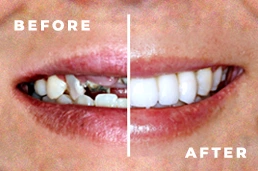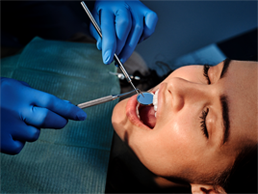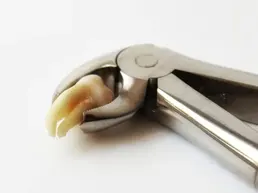Blog

The Health Benefits of Straighter Teeth
Think the only reason to get straighter teeth is to make your smile picture perfect? While that’s certainly a major bonus, the benefits don’t stop there. Keep reading to see how your tooth alignment can impact your overall health.
Read more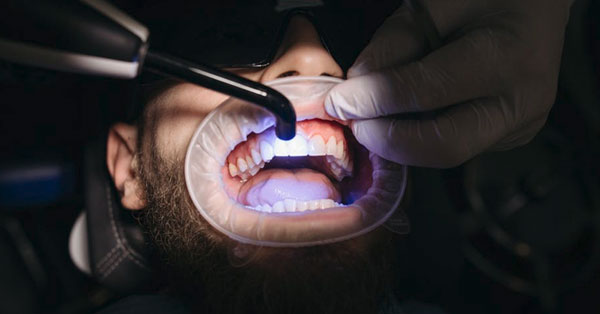
5 Reasons to Consider Professional Teeth Whitening
Thinking of whitening your teeth? You better think twice before grabbing an over-the-counter bleaching product. They may seem like a cheap and convenient solution.
Read more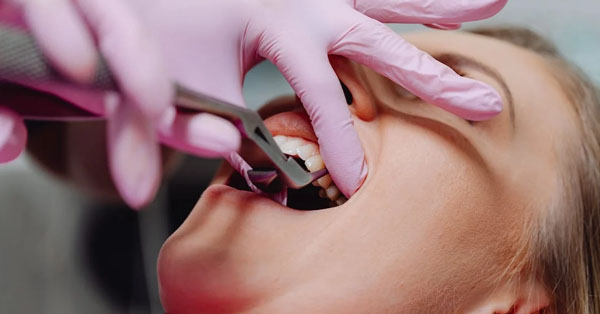
How to Prevent Dry Sockets After Wisdom Teeth Extraction
A dry socket can cause intense pain, and it’s the most common complication seen with tooth extractions. Fortunately, there are ways to avoid this dental problem...
Read more
Let Your Smile Shine Bright with Professional Teeth Whitening
Have you noticed your pearly whites don’t seem very white anymore? It’s easy to restore their lost luster with the Zoom!® professional whitening system. And the best part? You can do it in a single office visit or in the privacy of your own home.
Read more
5 Cool Things You Didn’t Know About Clear Aligners
Have you ever wondered what all the buzz is about with Invisalign®? If you have considered using this tooth straightening system, here are five super cool things to help you decide once and for all.
Read more
Is Invisalign® as Effective as Braces?
Eager to straighten your teeth but worried Invisalign® isn’t the best option? There’s a reason why dentists and patients love this teeth-straightening system: It gets results. Keep reading to learn more.
Read more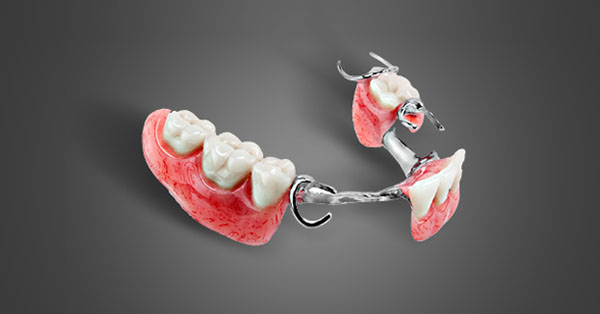
5 Benefits of Partial Dentures
Do you have multiple missing teeth in your upper or lower jaw? Partial dentures can replace them in a snap. Keep reading to learn about the advantages of this teeth replacement option.
Read more
Who Needs Dental Implants?
Dental implants can provide the best tooth replacement option available. But how do you know if they’re right for you? Learn all about dental implants.
Read more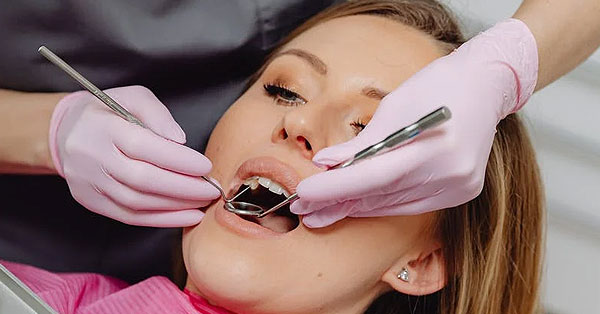
The Importance of Professional Teeth Cleaning
You brush twice a day and never skip flossing, so you can skip those regular trips to the dentist, right? Wrong.
Read more
What a Dental Sleep Specialist Can Do for You
Curious about what your dentist has to do with your sleep? Believe it or not, a lot! Keep reading to see how a trip to the dentist can improve your sleep quality and help your oral health — no overnight sleep labs required.
Read more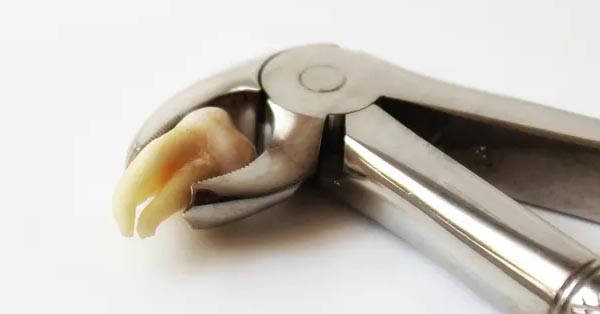
Do I Have to Get My Wisdom Teeth Removed?
Wisdom teeth can cause a wide range of problems, but that doesn’t mean they always need to get removed. Keep reading to see what makes these teeth so troublesome and why their removal is so common.
Read more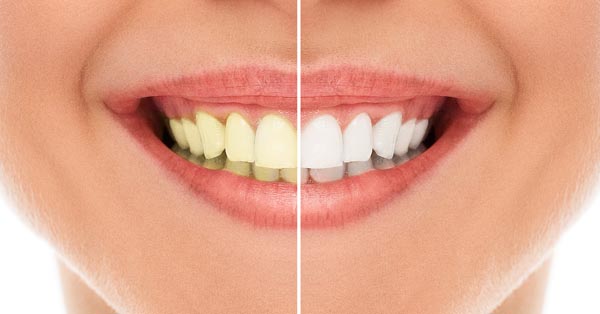
How Zoom!® Works to Whiten Your Teeth
Think it’s impossible to transform your smile in a single office visit? That’s exactly what you get with Zoom!® professional teeth whitening. But you can also get stunning results in the privacy of your own home. Keep reading to learn more.
Read more
The Durability of Veneers
Have you considered getting veneers but feel unsure about the investment? Veneers provide quick, effective, and affordable solutions for numerous dental problems, but they don’t last forever. Keep reading to learn more about their staying power.
Read more
What Cosmetic Dentistry Can Do for Your Smile
Cosmetic dentistry can completely transform the appearance of your smile, but the benefits go far deeper than that. Keep reading to learn more.
Read more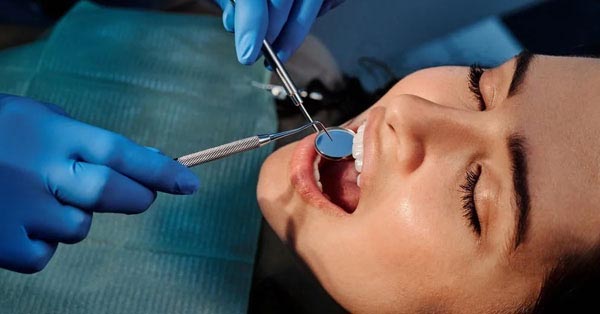
The Importance of General Dentistry Services
Do you put off scheduling dental appointments until there’s a sign of a problem? You could be putting your health at risk. Learn how general dentistry services are your first line of defense when it comes to your teeth, gums, and overall health.
Read more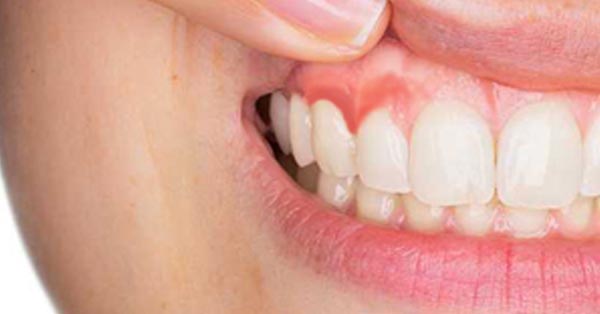
Why Pinhole Surgery Might Be the Answer to Your Periodontal Disease
Your gums play a crucial role in protecting your teeth. Unfortunately, gum disease puts them at risk and increases your chances of tooth loss. Now for the good news. The Pinhole Surgical Technique® can save your gums — and it’s minimally invasive.
Read more
How Bruxism Is Damaging Your Smile
Do you clench, grind, or gnash your teeth? This common problem can put your oral health at serious risk. Unfortunately, you could be doing it and not even know it. Keep reading to learn how to spot the signs.
Read more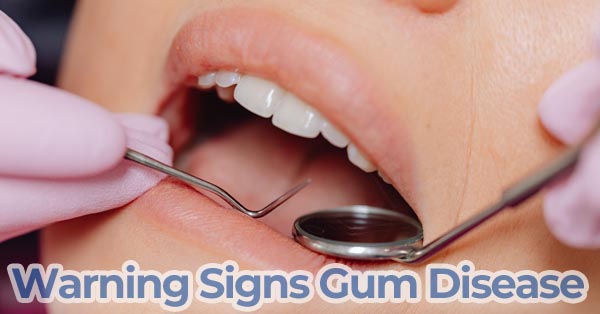
Warning Signs You Have Gum Disease
Gum disease goes by several names, like periodontal disease or, in its earliest stages, gingivitis. It causes serious complications with your oral and overall health, too. But how do you spot the signs? Keep reading to learn more.
Read more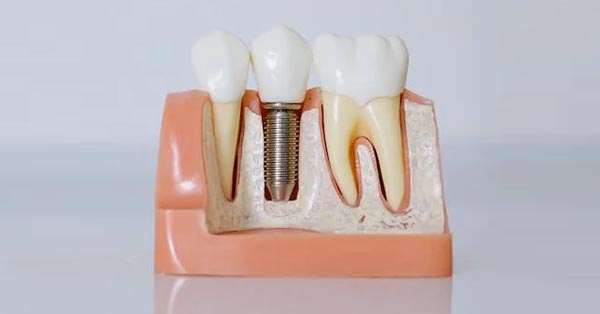
Non-Cosmetic Reasons to Consider Dental Implants
It’s easy to think that dental implants are all about restoring your smile. However, this innovative solution for missing teeth goes far beyond cosmetics alone. Keep reading to learn more.
Read more
Do I Really Need to Have My Teeth Professionally Cleaned?
Have you ever wondered if regular dental appointments are necessary when you do a good job brushing your teeth? Believe it or not, this is one appointment you shouldn’t put off. Keep reading to learn more.
Read more
Straighten Up This Year With Invisalign
Looking for the perfect way to start the new year? Why not transform your teeth with Invisalign®! This proven system has straightened more than 9 million smiles so far, and yours could be next.
Read more
Greet the Holidays with a Smile That Dazzles
Looking for an easy way to make the season a little brighter? There are several quick ways to transform your smile instantly — and they only take a visit to the dentist. Keep reading to learn more.
Read more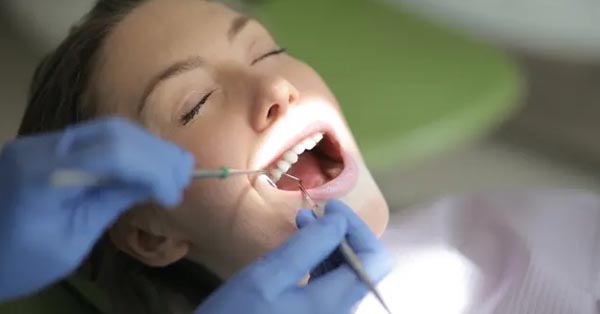
Professional Teeth Cleaning: The First Step Toward Great Dental Health
It’s easy to put off a routine dental cleaning. But these important appointments are the best line of defense you’ve got for protecting your oral and overall health. Keep reading to learn how.
Read more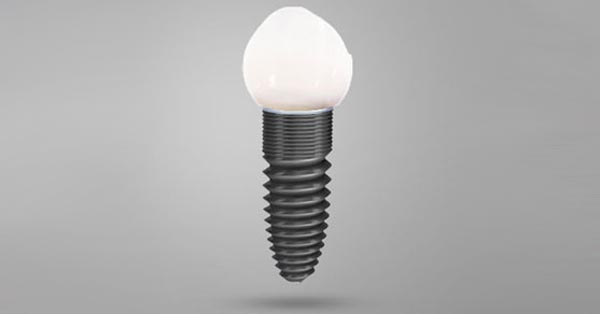
Why Dental Implants Continue to Rise Above Other Replacement Options
There are numerous options that can help replace missing teeth. But dental implants offer solutions that go far beyond restoring your smile alone. See why this option is becoming the gold standard for replacing missing teeth.
Read more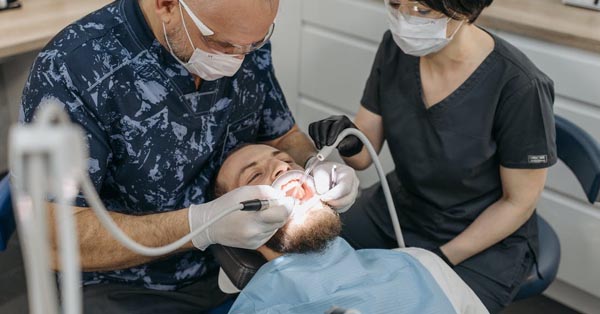
Understanding the Pinhole Surgical Technique®
Gum disease puts you at risk of tooth loss, so it’s crucial to get effective treatment as quickly as possible to preserve your oral health. Fortunately, the Pinhole Surgical Technique® offers spectacular results that can save your teeth and gums.
Read more
Take a Sleep Test in the Comfort of Your Own Bed
Wondering if you have a sleep disorder but want to avoid an in-clinic sleep study? It’s possible to find out if you have disrupted sleep without leaving the comfort of your own home. Here’s how at-home sleep testing works.
Read more
Am I a Candidate for Veneers?
Trying to find simple solutions that can fix or enhance your smile? It could be time to look into veneers. Here are a few ways this versatile dental treatment can completely transform your smile in no time.
Read more
Dental Care and COVID-19: What You Should Know
This novel coronavirus has completely changed the health care system. But what about going to the dentist? Keep reading to learn more about getting dental care during the COVID-19 crisis.
Read more
How to Handle the Most Common Dental Emergencies En Route to Our Office
Did you break or lose a tooth? Do you have a severe toothache or increased tooth sensitivity? If you have a dental problem requiring urgent attention, here are the steps you should take to ensure the best outcome.
Read more
How to Fight Tooth and Nail Against Gum Disease
Everyone talks about gum disease, but why is it such a big deal? Keep reading to learn more about this serious dental issue and the steps you can take to prevent it.
Read more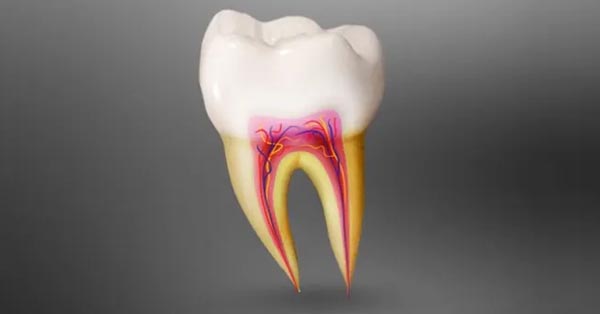
Everything You Need to Know About a Root Canal
Do you shudder in fear at the mere mention of a root canal? There’s no reason to fear a root canal when it actually relieves your tooth pain and saves your tooth. Here’s all you need to know about root canals, in case you need one in the future.
Read more
How to Get Rid of a Gummy Smile
Are you bothered by a gummy smile? Your gum tissue may overshadow your teeth, but you don’t have to live with it. Discover how you can get rid of a gummy grin and feel more confident about the appearance of your smile.
Read more
How We Can Help Manage Grinding, Snoring, and Sleep Apnea
Teeth grinding and snoring are keeping millions of Americans up at night, robbing them of restorative sleep and putting them at higher risk for dangerous medical conditions. As dentists specially trained in sleep dentistry, we can help.
Read more
Spiff Up Your Smile for the Holidays with a Professional Whitening
Ready for a white Christmas? And we’re not talking snow, we’re talking about a pearly white smile. Get camera-ready and up to eight shades whiter with just one professional teeth whitening treatment.
Read more
The Importance of Replacing Missing Teeth
In order to emphasize the importance of replacing missing teeth, this blog highlights some of the consequences of not replacing them.
Read more
Tips for Taking Care of Your Invisalign Trays
Changing orthodontic treatment from a mouth full of metal to an invisible, removable tray, Invisalign represents a dramatic new way to treat crooked smiles. Though easy to use, Invisalign trays require some special care for best results.
Read more
Non-Cosmetic Reasons to Consider Veneers
Beautiful porcelain veneers can make your smile look like a million bucks. But good looks are just one of their benefits. Their durability and versatility can make them a good option for preventing more serious oral health problems, too.
Read more
Straight Teeth Are Healthy Teeth: Why Alignment Matters
Having straight teeth is about a lot more than cosmetics. There are some really important health benefits, as well. Here's why straighter teeth are a wise investment — for your oral health and your overall health, too.
Read more
What's a Smile Makeover?
Having a beautiful, healthy-looking smile is about more than aesthetics; it can help you look and feel more confident in every area of your life. Read on to learn more about getting a smile makeover!
Read more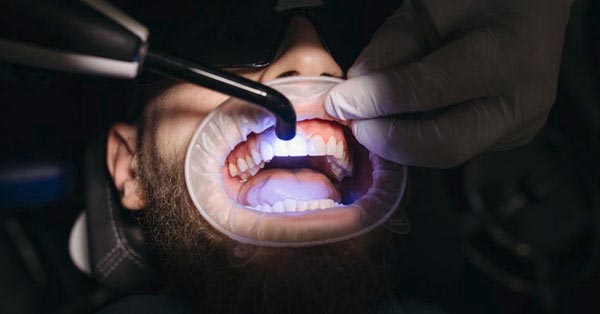
How to Extend the Results of Your Teeth Whitening Treatment
You've had your teeth whitened, and you love the results! Here are seven ways to make your professional whitening results last as long as possible.
Read more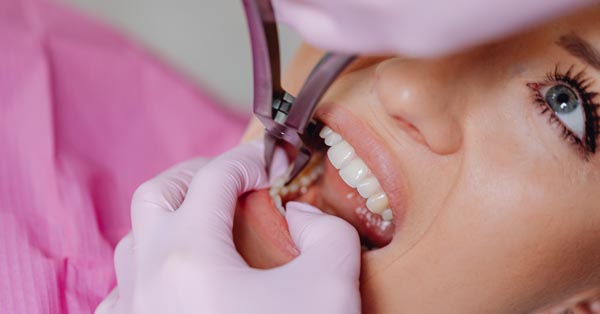
Do You Have to Get Your Wisdom Teeth Removed?
Wisdom teeth extractions can make a lot of sense for most people. But there are a few exceptions where keeping your wisdom teeth might be OK. Here's how to tell if your wisdom teeth should be removed.
Read more
Feel Confident in Your Smile Again with New Veneers
Dental veneers can transform the way your smile looks. All it takes is two office visits to start enjoying a more beautiful smile — and greater self-confidence. Learn how veneers can help you get the smile you want.
Read more
How Dental Implants Can Improve Your Smile and Your Oral Health
Dental implants are designed like your natural tooth, with the metal implant acting as a “stand-in” root. That design doesn’t just make implants more secure and comfortable – it can actually help prevent future oral health problems. Here’s how.
Read more
Why Adults and Teens Love Invisalign®
If you're considering Invisalign treatment, you probably already know it's really popular. What you want to know is why. Here are five major benefits of Invisalign treatment, as well as a couple of special benefits just for teens.
Read more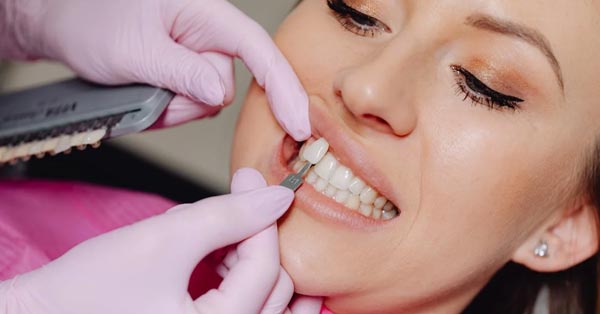
Got a Gummy Smile? Just One of Many Reasons to Consider Veneers
There’s no way to prevent a gummy smile — that comes down to genetics. But dental veneers offer a way to change the proportion of teeth and gums. Pushing back gum tissue and filling that space is just one of the dental issues that veneers address.
Read more
How to Get and Maintain Your Whitest Smile
Keeping your smile its whitest isn’t difficult, but it takes some self-discipline to maintain an effective oral care routine. Your best smile comes from a combination of dentist visits and personal care at home.
Read more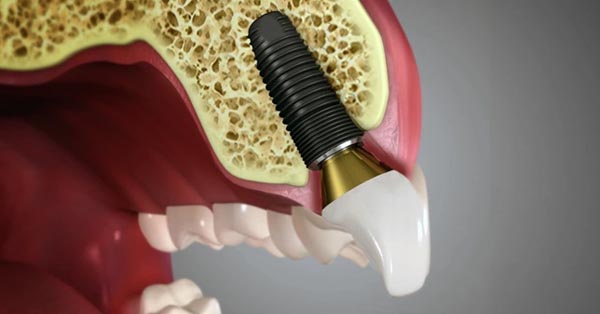
Dental Implants: Why They are the Gold Standard for Replacing Missing Teeth
While nothing beats Mother Nature when it comes to your teeth, dental implants come awfully close, both in form and in function. Here’s why they’re the best choice for missing teeth.
Read more
Telehealth: The Advantages of Telemedicine
Struggles to get to the clinic? Trying to reduce your exposure to COVID-19, as well as other contagious illnesses, and still need to see your doctor? Telehealth is safe and easy — receive quality care from anywhere.
Read more
The Best Summer of Your Life
In one appointment, we can lighten your natural teeth 8 to 9 shades and take you back before the ravages of coffee and red wine. Check out our blog post and contact us for more information!
Read more
Visit a Family Dentist to Protect Your Child from Injury
Visit The Dental Touch today to fit your child for a mouthguard. When your child plays sports, it is easy to think of the equipment you need to get in order to protect them from danger on the playing field.
Read more
Your Teeth Age Too!
Special Concerns for Older Adults. Along with those gray hairs and inevitable smile lines, your mouth undergoes natural changes over the years, as well. Among them:
Read more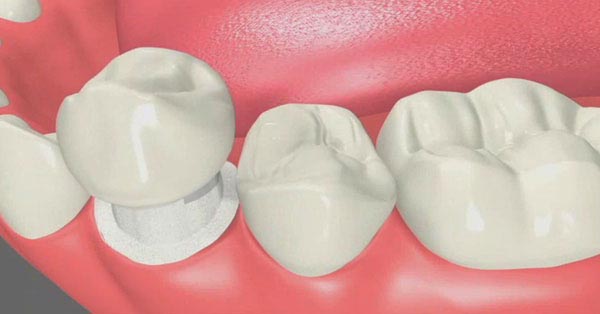
Dental Crowns Play an Important Role in Dental Care
Few things are as versatile as dental crowns. We use them in our Oakland dental office to solve a wide variety of challenges. They can be used to strengthen your teeth, protect them, and to improve their appearance.
Read more
The Long & Short of Gum Disease
Information on Gum Disease. Surprising but true: the major cause of tooth loss in adults is not decay, but periodontal disease. More than half of all people over age 18 have at least the early stage of periodontal disease.
Read more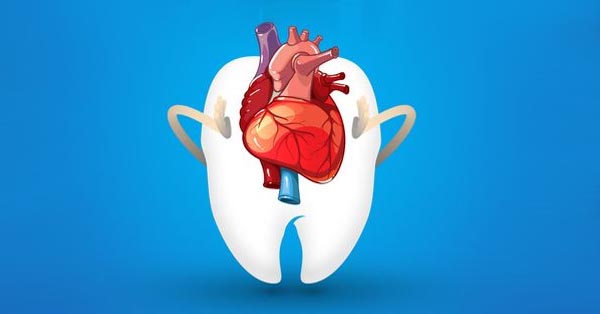
Gums Help Your Heart!
Healthy Gums Help Your Heart! It started out as an unconventional theory. But now, more and more scientists, physicians and dentists are seeing the connection between gum disease and potentially fatal heart attacks.
Read more
Reasons to Get a Dental Cleaning From Our Dental Office
If you have not had a professional dental cleaning in Oakland lately, it is time for you to visit our dental office. Clean teeth and gums keep your smile bright and your mouth healthy. Continue reading for more reasons you should visit for a cleaning.
Read more
When Diseases Cause Oral Complications
We have come a long way in the treatment of serious, life-threatening systemic diseases. Part and parcel of healing more aggressive diseases are—more aggressive therapies.
Read more
Protect Baby’s Teeth
Preventing Cavities in Your Baby’s Teeth You've got the glow of a mother-to-be. Keep it with these tips for better oral health for you and your baby.
Read more
Mystery Pain & Phantom Toothache
There’s only one good thing about a visibly damaged tooth: here, clearly, is where the pain’s coming from and where our response will be focused.
Read more
What is Bruxism and Why is it Harmful?
It’s such a common habit, yet most of the time we never know we’re doing it. Not cracking your knuckles or biting fingernails, but intense clenching and grinding of your teeth—known in dental terminology as bruxism.
Read more
Have You Knocked Out a Tooth?
We sure can try, but your help is needed, and the most important word is TIME. When a permanent tooth is knocked out, the less time it is out of the mouth the better. In fact, the best results are obtained when the tooth is replaced within 30 minutes!
Read more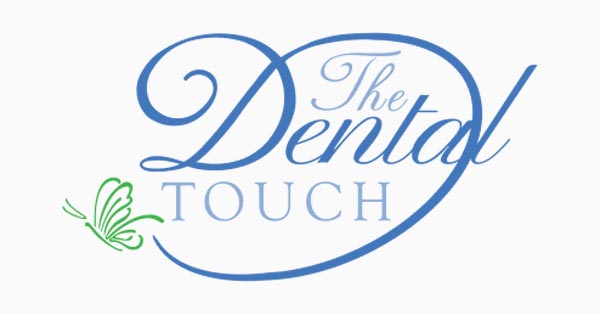
Visit Our Cosmetic Dentist Office for Veneers or Bonding
As a cosmetic dentist, we have several solutions for correcting your damaged teeth or even replacing them, including dental implants and dental bonding.
Read more
Are You Having a Baby?
You’ve got the glow of a mother-to-be. Keep it with these tips for better oral health for you and your baby.
Read more
Where Did All the Pain Go?
Today’s Dentistry is Virtually Pain-Free. There’s a bright new trend in dental offices these days: More people are making appointments because they want to, not because they have to.
Read more
The Truth About Smoking
While nobody enjoys getting lectured about a bad habit, it’s important to have all the relevant information available to you, especially when it involves health implication.
Read more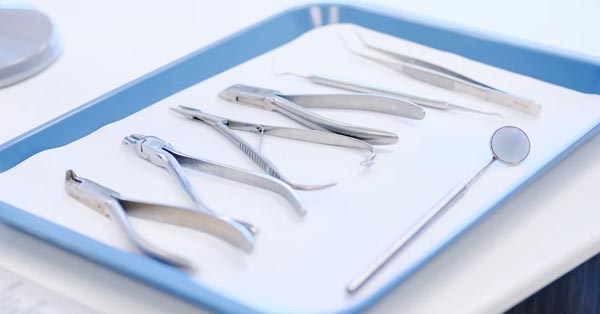
Sterilization In Our Practice
Dental Sterilization in Our Practice. Dentistry, like any other science, has evolved over time. We’ve come a long way from the old days of “drill and fill” to a new era of sophisticated technology and technique.
Read more
Nighttime Grinding And the Stress Factor
Dentists and researchers aren’t completely agreed about the cause of nightly tooth-grinding or bruxism. But they are aligned on two points:
Read more
Overcome Your Dental Fear
We’d like to offer one comforting and wonderful fact about today’s dentistry: it’s comfortable, even pleasant. Technology, new procedures, and some very sophisticated approaches to anesthesia have all contributed to painless treatment
Read more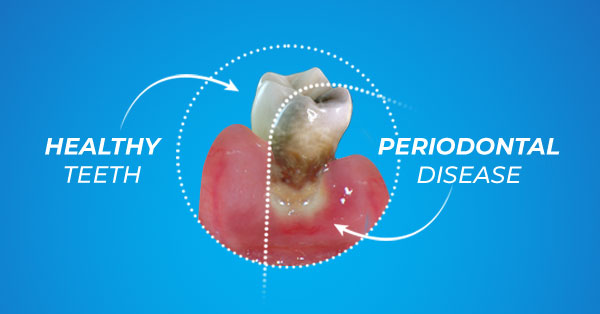
Periodontal Disease Q&A
Periodontal disease is a progressive one—meaning if it doesn’t stabilize or show signs of healing, it’s bound to get worse. Even when it doesn’t hurt, untreated gum disease will eventually take its toll: tooth loss.
Read more
Your Mouth Says A Lot at Your Checkup
Looking into your open mouth, we see so much more than teeth. In many ways, it’s a window into the health of your entire body.
Read more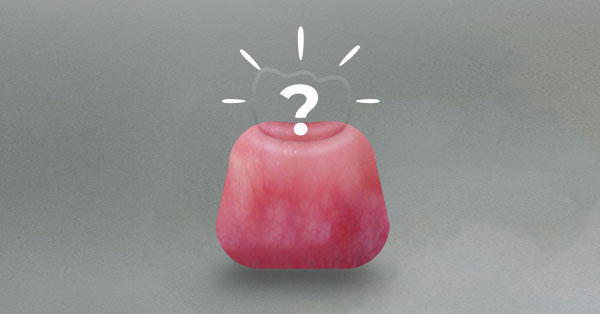
When a Tooth Goes Missing
Harrison Ford took a nasty fall and lost two of his teeth. Thanks to modern dentistry, he went on to become a major Hollywood star. For as long as we humans have been losing teeth, we’ve been filling the gaps.
Read more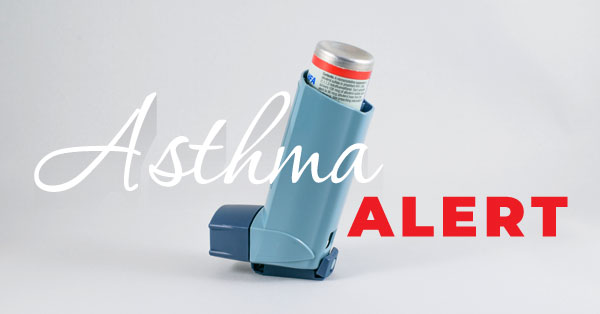
Asthma Alert
In years past, asthma attacks could be unpredictable and difficult to control. Today, medications have been developed to control attacks—in some cases preventing them from occurring at all.
Read more
Close your eyes …
Close your eyes .. Then next 10 seconds take yourself back to the middle of July in the height of the BEST SUMMER Of your life.
Read more
Sounding Off About Snoring!
Do you snore, and has your partner compared it to the sound of a giant band saw slowly slicing through the house? Ever wake up groggy and grumpy after a “full night’s sleep?”
Read more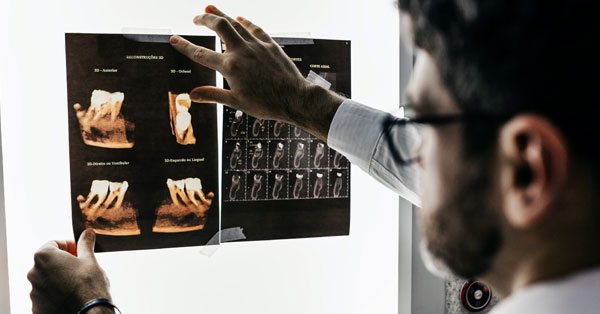
X-Rays From Our Perspective
X-rays are critical to the practice of dentistry. And the benefits are profound. But dentists are sometimes guilty of dismissing patient concerns, as in, “Don’t worry, you’ll be fine.”
Read more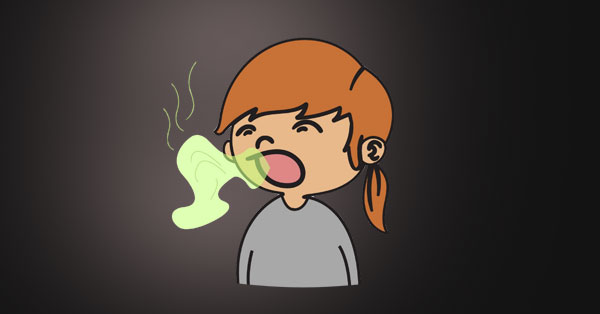
Frank Talk About Bad Breath
Social embarrassments come in many sizes. But chronic bad breath is near the top of the list. It affects those nearest and dearest to us and may limit the close social contacts we treasure most.
Read more
Fluoride, the Story
Sifting Fact From Belief. Dental researchers call it The Fluoride Story—the most dramatic turn-around of a populationís dental health in history. So far.
Read more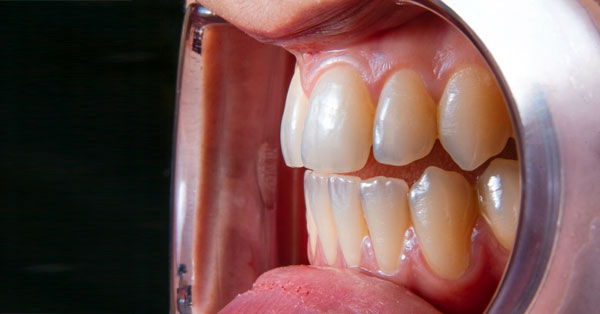
The Perils of a Bad Bite
No, we’re not talking about being attacked by a junkyard dog. That’s perilous enough. The bite in question here is your own bite—the way your lower teeth and your upper teeth come together.
Read more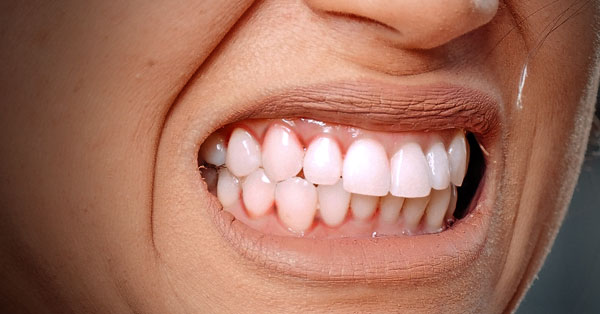
Hormones and Periodontal Disease
Women of all ages are prone to changing levels of progesterone in the body. And progesterone—especially when you are pregnant or taking oral contraceptives—causes some bacteria to grow in awesome numbers.
Read more
Don’t Hide That Smile
Are stained, chipped, or crooked teeth cramping your smile? Years Ago, the only solution for unattractive teeth was disguising them with crowns. Today, we’ve got better options in porcelain veneers, cosmetic bonding, and teeth whitening.
Read more
Your Health History
Keep Us Informed of Any Changes! If it’s been a little while since your last appointment, then don’t forget to update your health history. Your dental care is part of your total health-care package. Have you:
Read more
Eating Too Much Sugar…
Avoid Sugar Rich Diets
The diet of today is the result of a 50-year increase in consumption of the rapidly absorbed sugars—specifically, soft drinks, commercial juices, candy, and easily digested sugar foods such as cakes, cookies, etc.

Eating Too Much Sugar…
Why Calcium is a Crucial Mineral How important is calcium to us? It’ s very important. Here’s why.
Read more
Don’t Share Your Toothbrush!
Keep your Toothbrush to Yourself. One of the tenets of good dental health is obvious—Brush your teeth after every meal. This can help keep your mouth healthy throughout a long life.
Read more
Toothpaste and Canker Sores
Can Toothpaste Help Fight Canker Sores? About the only good thing about canker sores is, they’re hidden inside the mouth. Beyond that—they’re painful, annoying, and bound to erupt at the worst possible time.
Read more
Musical Instruments and Teeth
Ever think of asking your dentist which musical instrument you should play? Few people do. But especially for young people, an early dental analysis–before selecting a musical instrument–can be important.
Read more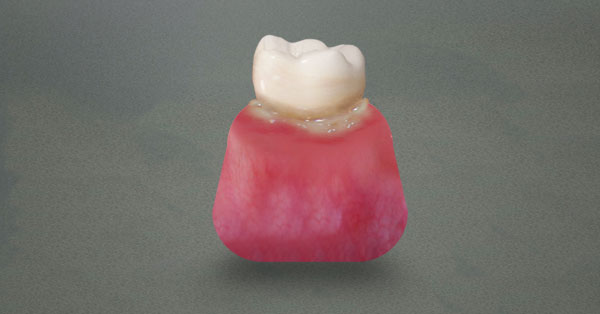
The Most Common Affliction?
When it comes to most common, not even winter colds strike as many of us as gum infection (periodontal disease). As many as 75% of adults will be a victim sometime in their lifetime.
Read more
Dental Tips for Caregivers
If you’re one of the millions of caregivers of an elderly patient who perhaps suffers from dementia or Alzheimer’s disease, then you probably maintain a checklist of the many daily tasks necessary to care for them.
Read more
Are First Teeth Just Born to Lose?
Kids’ teeth—paying special attention to them lays a firm foundation for a lifetime of healthy teeth. They’re milestones in your child’s development, those first teeth.
Read more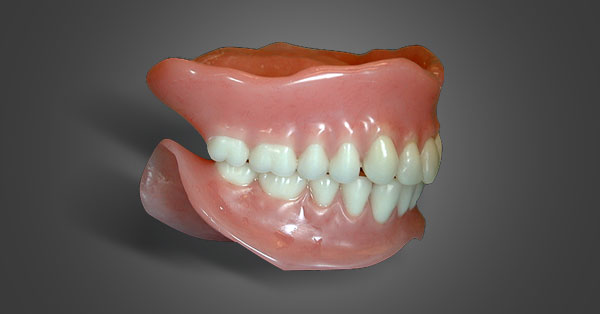
Making Sure Dentures Will Look Natural
Customizing Dentures for Your Mouth. Have you ever looked at swatches of wallpaper or carpeting and tried to imagine how it might look in your living room? Not easy to do.
Read more
Vending Machines: Cavity Dispensers
Why You Should Avoid Vending Machines. Vending machines put out all kinds of stuff. But vending machines at work or school can dispense cavities right along with the candy and soda pop that we love so much in afternoon pick-me-ups.
Read more
Do You Have Dry Mouth?
Help for Dry Mouth Sufferers. Does your mouth seem uncomfortably dry? Or have you actually been diagnosed with dry mouth (as a side effect of certain types of medication or radiation therapy for cancer)?
Read more
What You Need to Know About Oral Cancer
Just as in any good crime show, the sooner the heroes discover the problem and get to work solving it, the better the outcome. Looking inside your mouth provides us a unique opportunity to detect other potential health problems.
Read more
Dental Choices Are Up to You!
Dental care has progressed to where we can now offer you a veritable smorgasbord of choices, a buffet of beautiful smiles.
Read more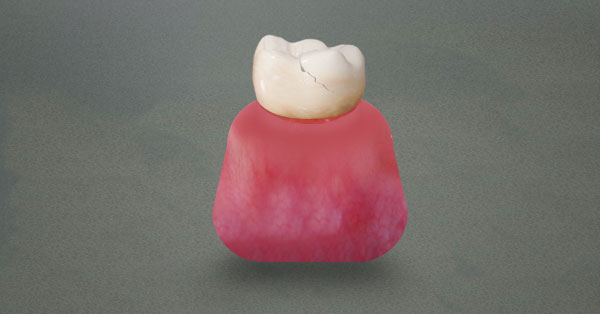
Even When Tiny…
Tooth Cracks Need Attention. Every tooth fracture needs prompt treatment. No chip or crack is insignificant.
Read more
Dental Phobia
Do You Have a Dental Phobia? The bad thing about dental phobia is that it prevents people from seeking the care they need—when they need it.
Read more
Bad Oral Habits Explained
Tooth-related habits, too, can be conscious (brushing and flossing) or unconscious—chewing on pencils, for example.
Read more
White, whiter, whitest!
Do you wish that you had whiter teeth? Have you already tried and have been disappointed by the over-the-counter whitening toothpastes and those mail order kits? Well, here is a safe, easy, and successful way that you can REALLY whiten your teeth.
Read more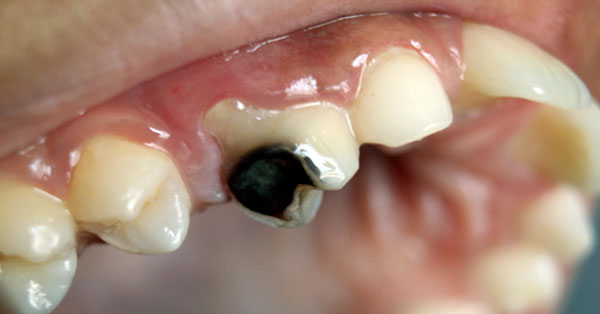
To Prevent Cavities…
Don’t filter out fluoride! In the years since fluoride first was added to city water supplies, dentists have seen tooth decay in kids cut in half. Fluoride really works!
Read more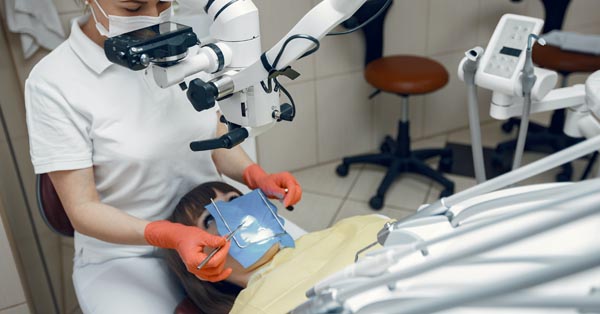
The Rubber Dental Dam
What is a Dental Dam? Throughout your treatment at our office, we want to keep you comfortable and safe while providing the best possible care. During many of our procedures we use a rubber dam (aka dental dam) to help.
Read more
Ask About MI Paste
What is MI Paste? MI Paste, a calcium-phosphate remineralizing paste, is a safe and effective way to treat a variety of oral health conditions. It may also be the most effective way to reduce cavities in mature adults.
Read more
